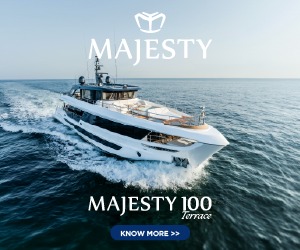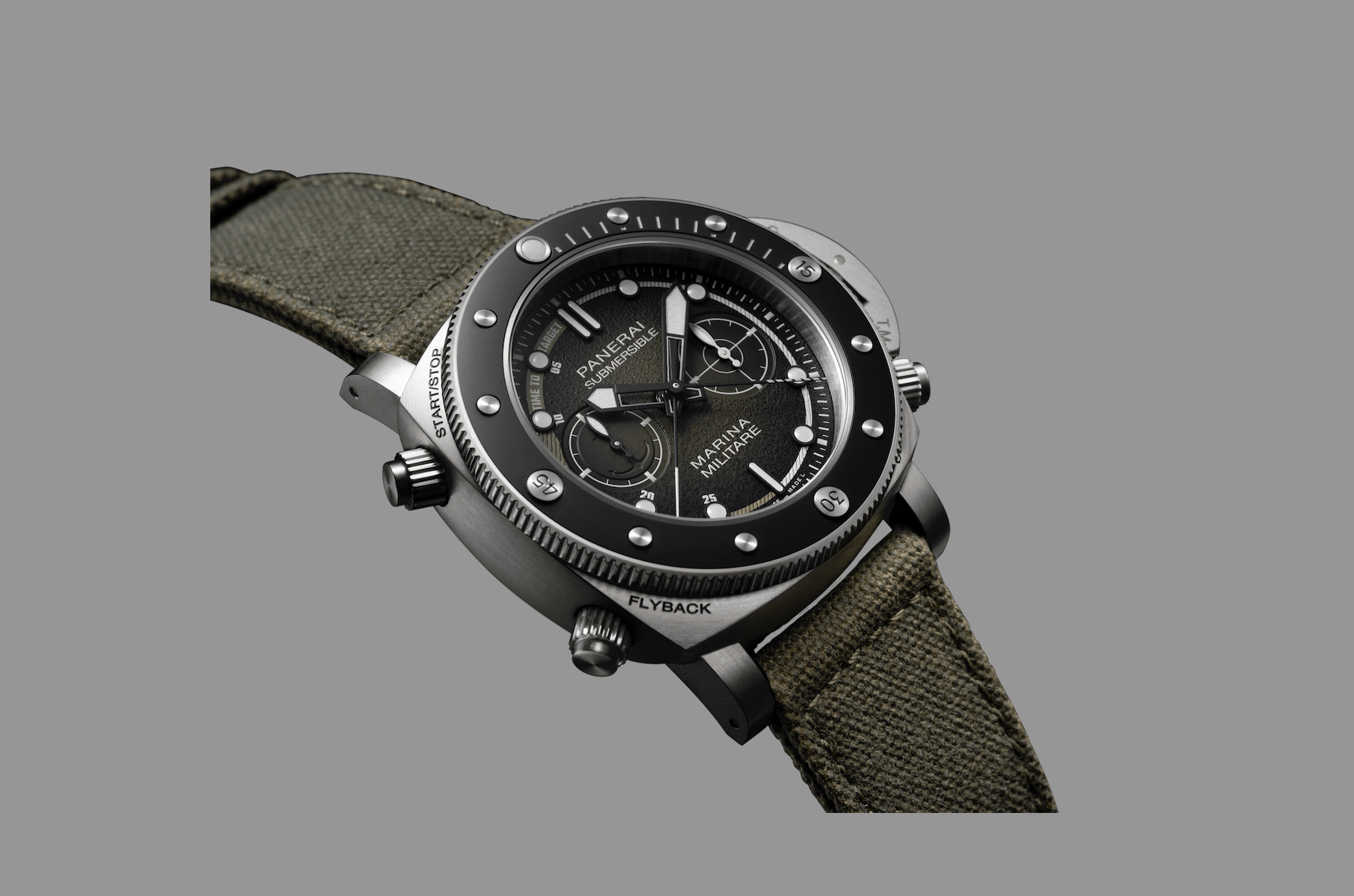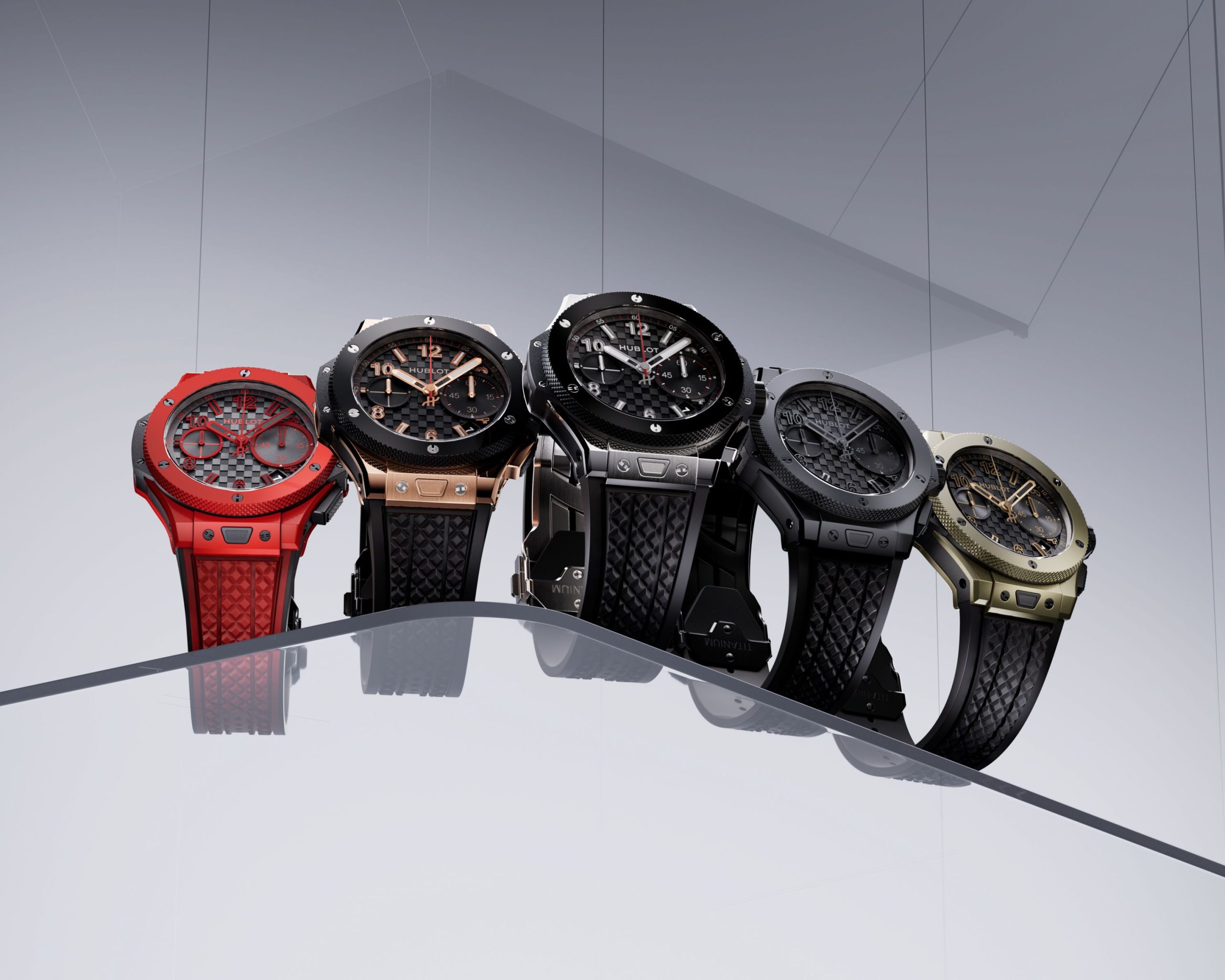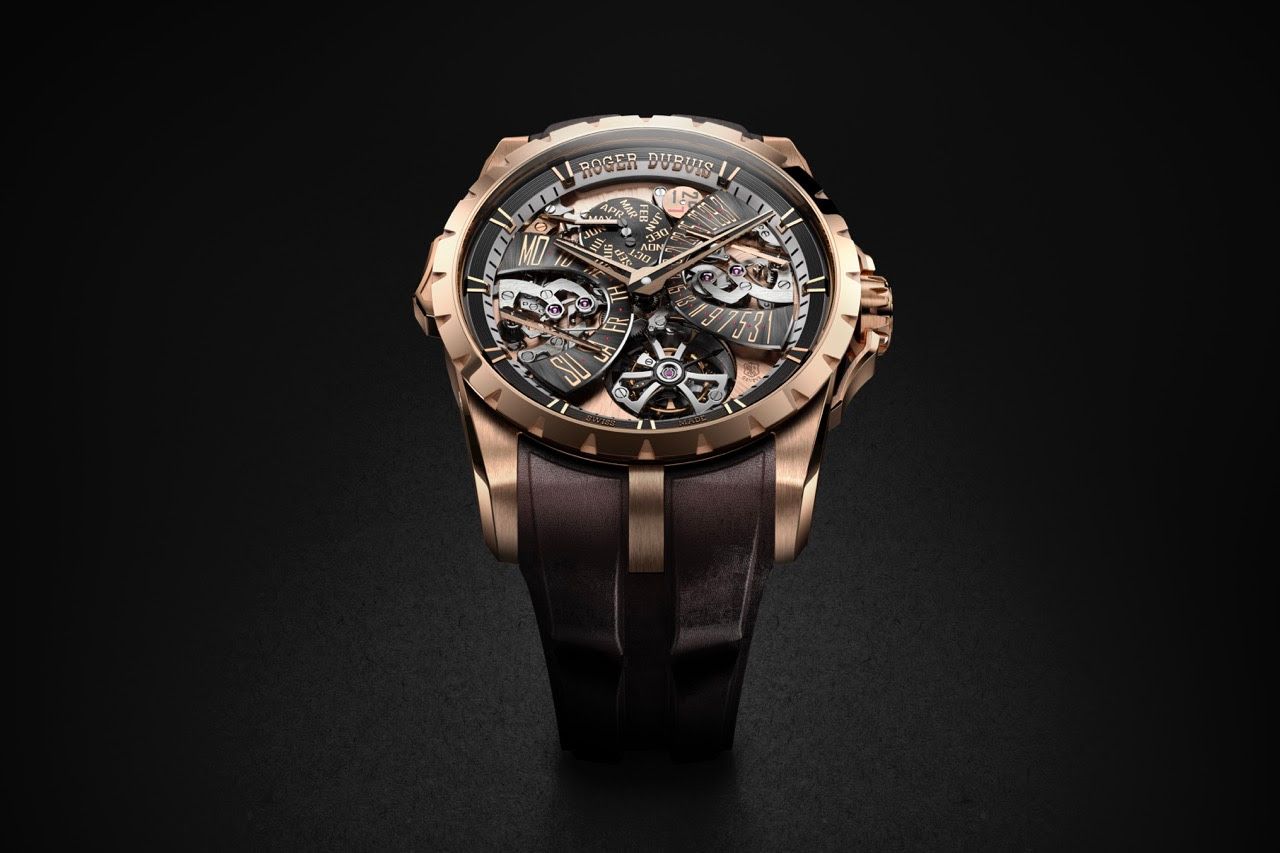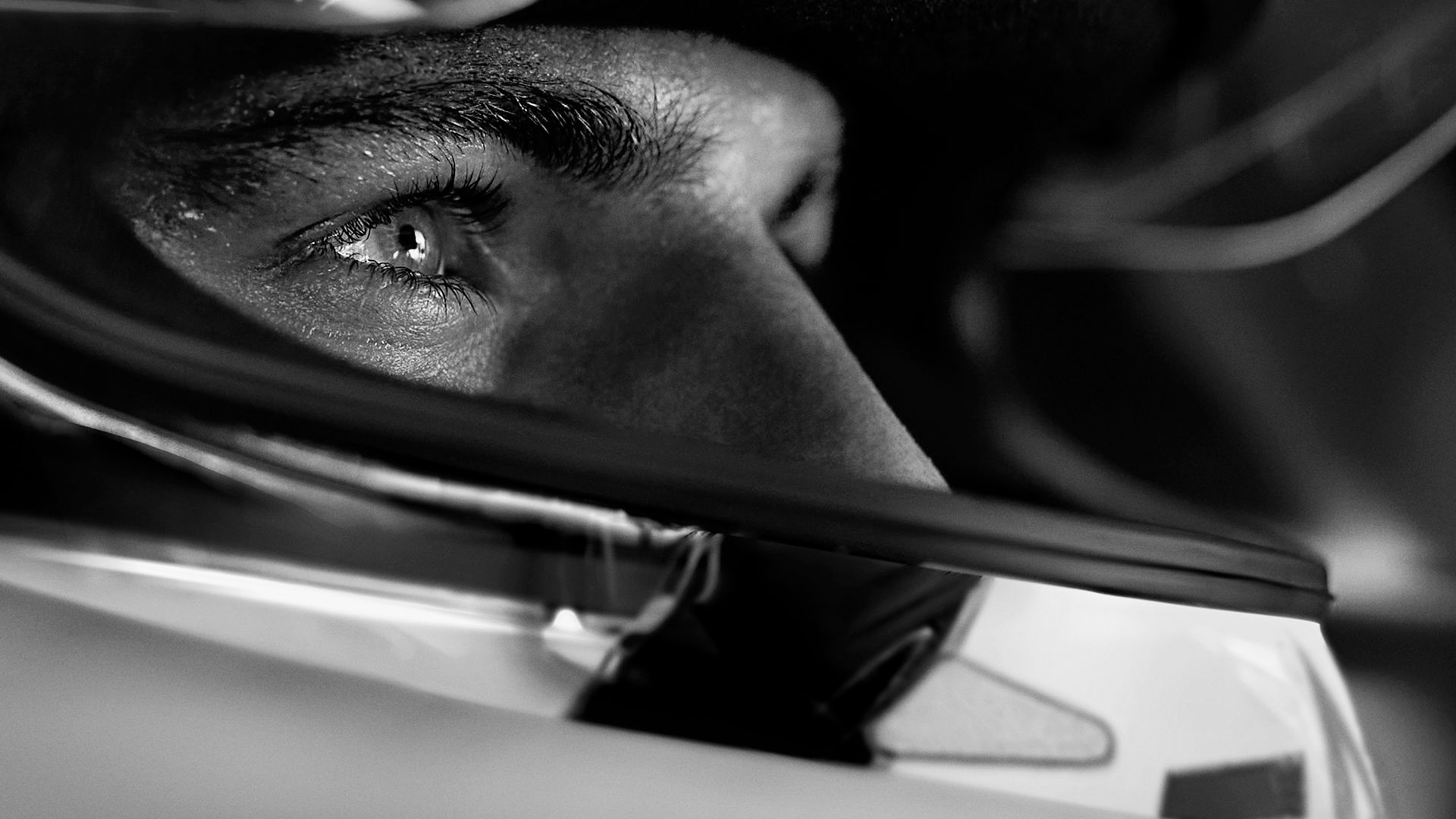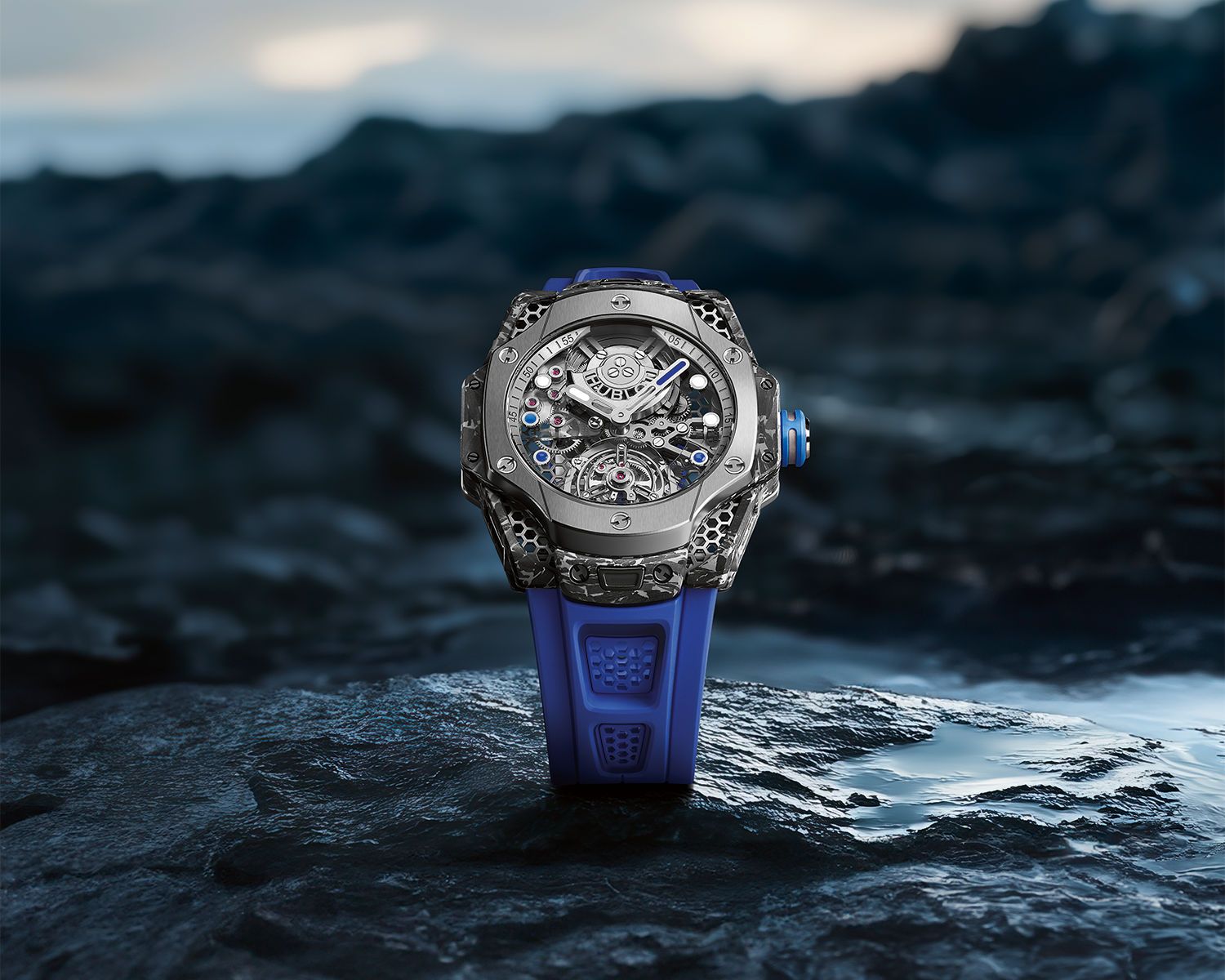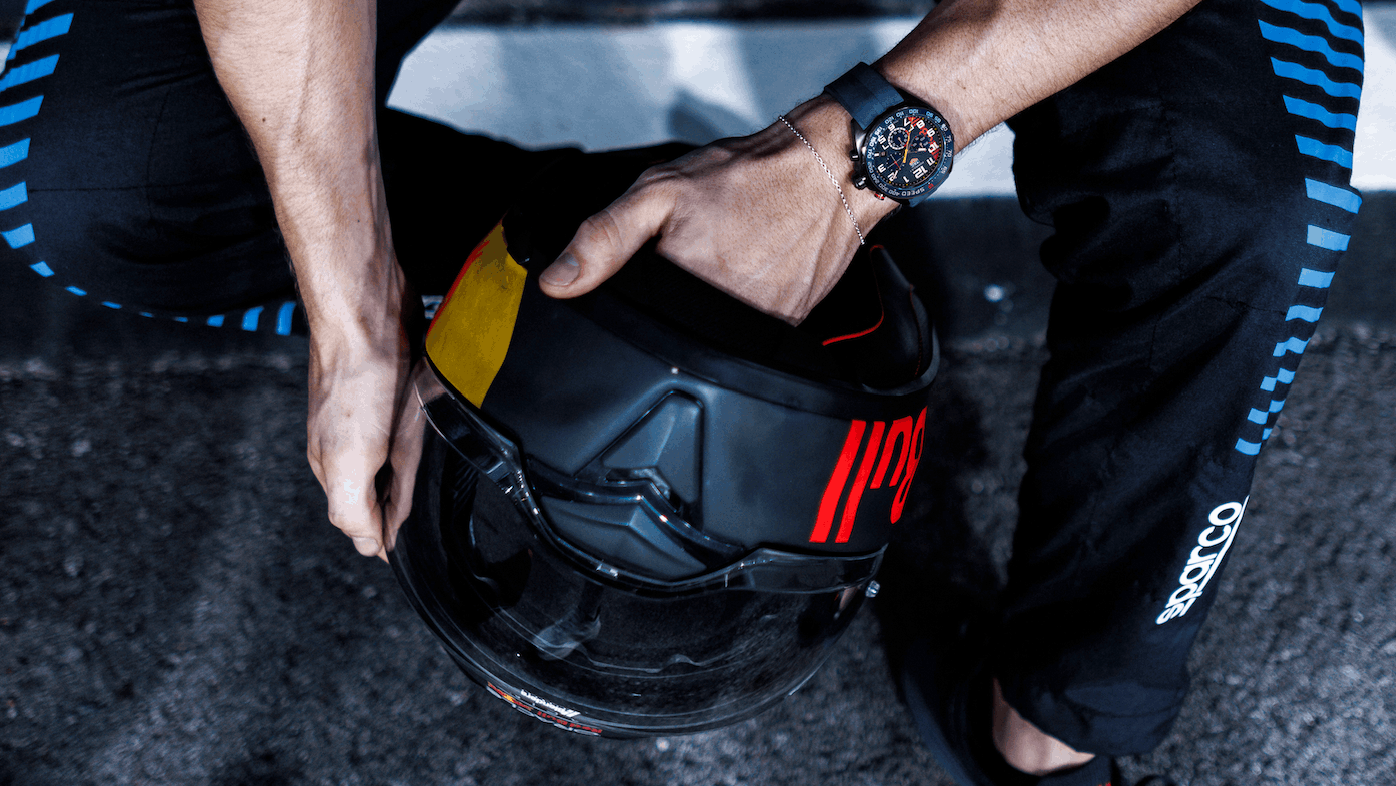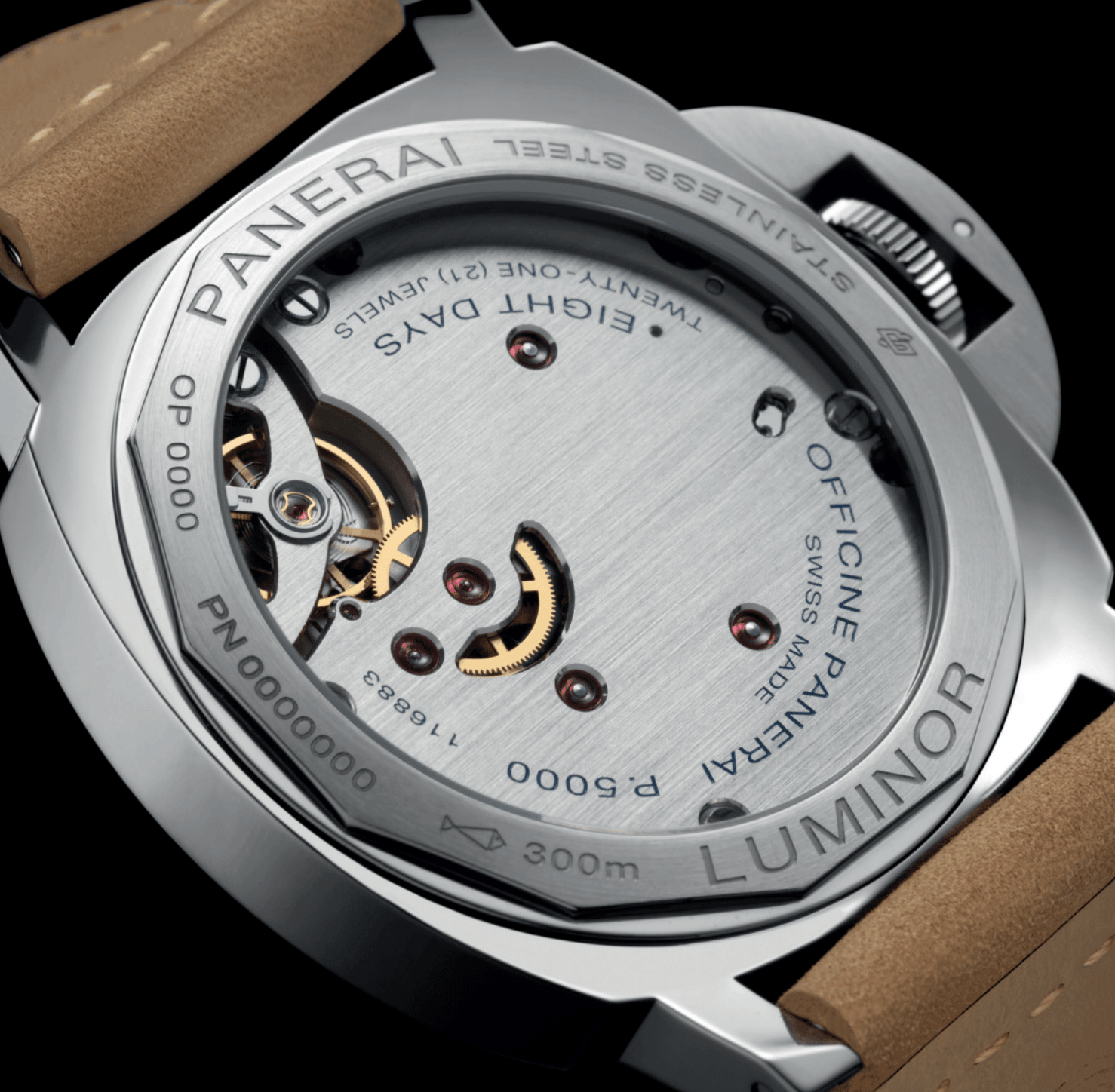Jaeger-LeCoultre and UNESCO
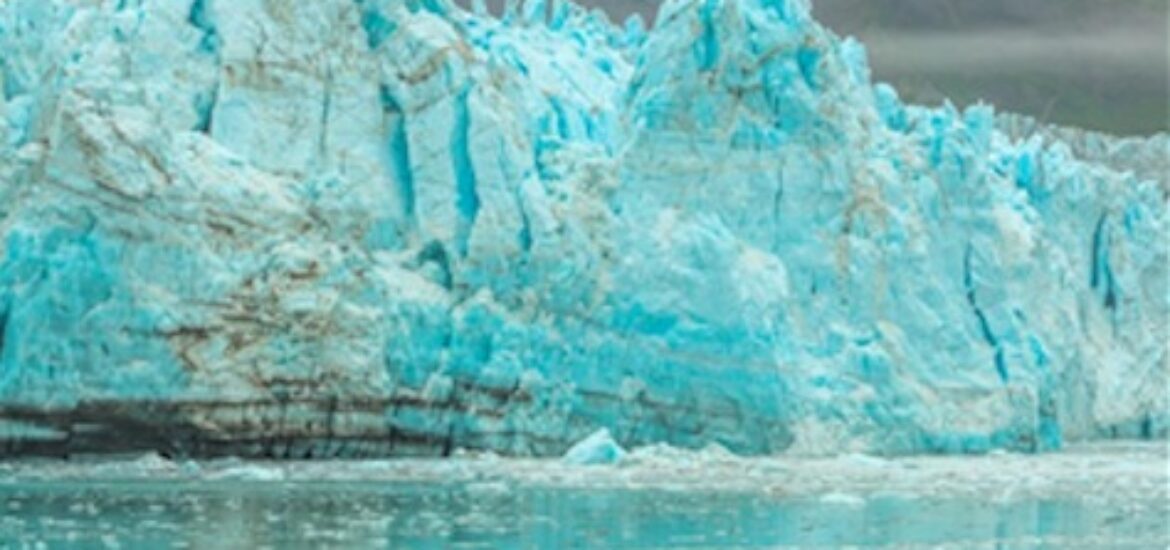
Jaeger-LeCoultre and UNESCO
Fanny Douvere, coordinator of the Marine Programme at UNESCO’s World Heritage Centre, defends the 47 World Heritage Marine sites during COP21
Marine World Heritage sites serve as sea life refuges, buffering sensitive plants and animals against pressures such as industrial development. Despite the flagship status of UNESCO’s World Heritage marine sites and the day-today commitment and hard work to protect these places, none of them is immune to the threat of climate change. Support provided by Jaeger-LeCoultre to UNESCO’s World Heritage Marine Programme since 2008 has allowed fragile marine ecosystems to strengthen their resilience in the face of changing climate.
From 30 November to 11 December, world leaders are convening in Paris for the 21st Conference of Parties. Their goal: to achieve a universal agreement on climate, aimed at keeping global warming below 2°C. Jaeger-LeCoultre is proud to announce that Dr. Fanny Douvere, coordinator of the Marine Programme at UNESCO’s World Heritage Centre in Paris (France), will take the floor during this major meeting. She will raise attention for the critical impacts climate change is causing in the 47 ocean places around the world that are protected by the UNESCO World Heritage Convention for their Outstanding Universal Value. UNESCO’s World Heritage sites are unique and include some of the planet’s oldest coral reefs, the largest population of Pacific walrus, ancestral polar bear dens as well as the birthplace of Pacific grey whales and critical stopover points for millions of migratory birds. Together these exceptional sites comprise over 10% by surface area of all marine protected areas on Earth.
The partnership between UNESCO and Jaeger-LeCoultre provides help to governments and site managers in order to reduce threats from overfishing, coastal development, and polluted run-off. In the day-to-day work, the partnership concentrates on strengthening the resilience of fragile marine ecosystems so they can quicker rebound when hit by the effects of climate change. Healthy ecosystems are better equipped to withstand bleaching events or recover from ever more frequent and powerful storms. Apart from its long-term support to the World Heritage Centre, Jaeger-LeCoultre has made several donations in past years to help countries directly improve their capacity to tackle illegal fisheries. Most recently, Jaeger-LeCoultre donated 30,000 euros to help Costa Rica’s Cocos Island National Park fight illegal fishing. The funding contributed to a larger initiative at the park that included a crowdfunded patrol boat, new radars and a centralized surveillance center. With the help of Jaeger-LeCoultre, Glacier Bay National Park and Preserve (USA) and the Norwegian Fjords (Norway) are spearheading a twinning cooperation aimed at stepping up environmentally friendly cruise shipping across the World Heritage Marine network.
The direct impacts of climate change on the World’s marine heritage are already visible: melting glaciers in the spectacular Glacier Bay; substantial increases in the frequency and power of cyclones and storms in places like the Great Barrier Reef, the world’s largest and most complex coral reef system; mass bleaching events in Tubbataha Reefs and Komodo National Park. Earlier this year, scientists warned that the 2015 global bleaching is likely to result in the worst coral die-off in history. Sea level rise threatens in fact the very existence of the nation of Kiribati that hosts the spectacular Phoenix Islands Protected Areas, the largest and deepest site on UNESCO’s World Heritage List. As seawater grows warmer and more acidic, scientists predict an increase in wildlife impacts which, for instance, might likely affect the gender of sea turtles which hatch in unique World Heritage Listed sites from Aldabra Atoll in the Indian Ocean to the magnificent Galapagos Islands in the Pacific.












